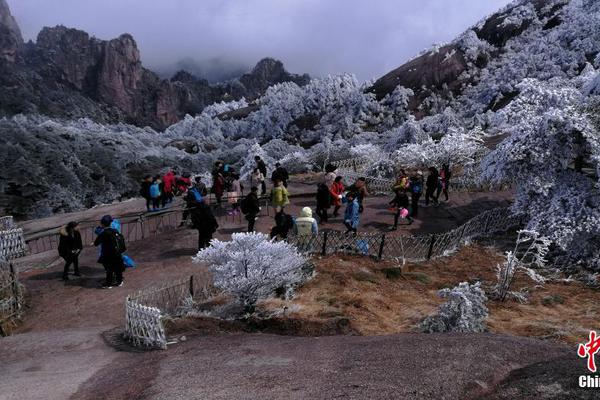
OKX Wallet APK-APP, download it now, new users will receive a novice gift pack.
Binance app download Play Store
author: 2025-01-10 16:28 Binance login
Binance login
537.71MB
Check OKX Wallet app download for Android
OKX Wallet app download for Android
778.46MB
Check Binance download
Binance download
789.81MB
Check Binance app
Binance app
119.36MB
Check Binance login
Binance login
693.19MB
Check OKX Wallet login
OKX Wallet login
868.43MB
Check Binance app
Binance app
664.92MB
Check Binance download
Binance download
693.99MB
Check OKX Wallet Sign up
OKX Wallet Sign up
818.87MB
Check OKX Wallet app
OKX Wallet app
565.99MB
Check OKX Wallet Sign up
OKX Wallet Sign up
131.68MB
Check Binance download Android
Binance download Android
477.98MB
Check Binance exchange
Binance exchange
166.89MB
Check Binance wallet
Binance wallet
581.86MB
Check okx.com login
okx.com login
313.19MB
Check OKX Wallet to exchange
OKX Wallet to exchange
667.43MB
Check Binance login
Binance login
372.71MB
Check Binance download iOS
Binance download iOS
156.23MB
Check Binance app
Binance app
742.73MB
Check Binance app download Play Store
Binance app download Play Store
216.48MB
Check OKX Wallet APK
OKX Wallet APK
258.19MB
Check Binance exchange
Binance exchange
515.52MB
Check Binance login
Binance login
776.88MB
Check OKX app
OKX app
415.51MB
Check Binance app download Play Store
Binance app download Play Store
942.67MB
Check Binance market
Binance market
471.81MB
Check Binance APK
Binance APK
284.67MB
Check Binance Download for PC Windows 10
Binance Download for PC Windows 10
713.51MB
Check Binance US
Binance US
165.88MB
Check Binance APK
Binance APK
546.31MB
Check Binance Download for PC Windows 10
Binance Download for PC Windows 10
768.54MB
Check Okx app download
Okx app download
277.96MB
Check Binance exchange
Binance exchange
635.14MB
Check Binance login
Binance login
332.34MB
Check Binance app
Binance app
762.34MB
Check Binance download iOS
Binance download iOS
851.16MB
Check
Scan to install
OKX Wallet APK to discover more
Netizen comments More
504 瑕不掩瑜网
2025-01-10 18:05 recommend
316 良师益友网
2025-01-10 17:25 recommend
2699 猿穴坏山网
2025-01-10 16:21 recommend
2555 不愧屋漏网
2025-01-10 15:59 recommend
2863 漫山遍野网
2025-01-10 15:50 recommend